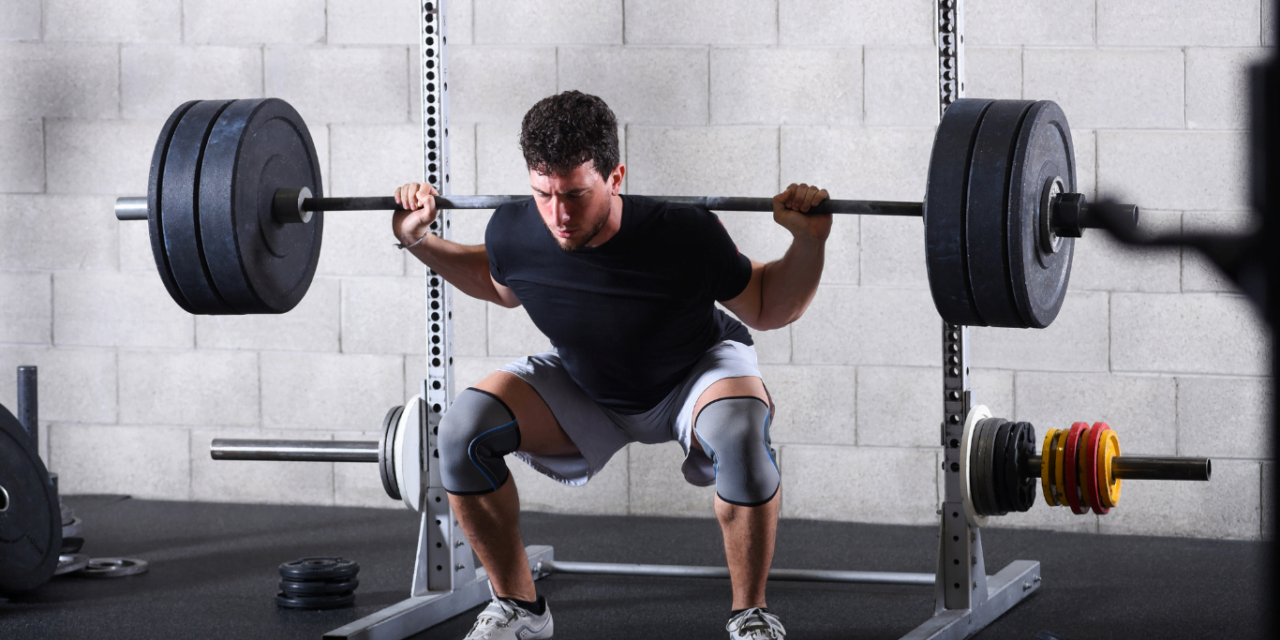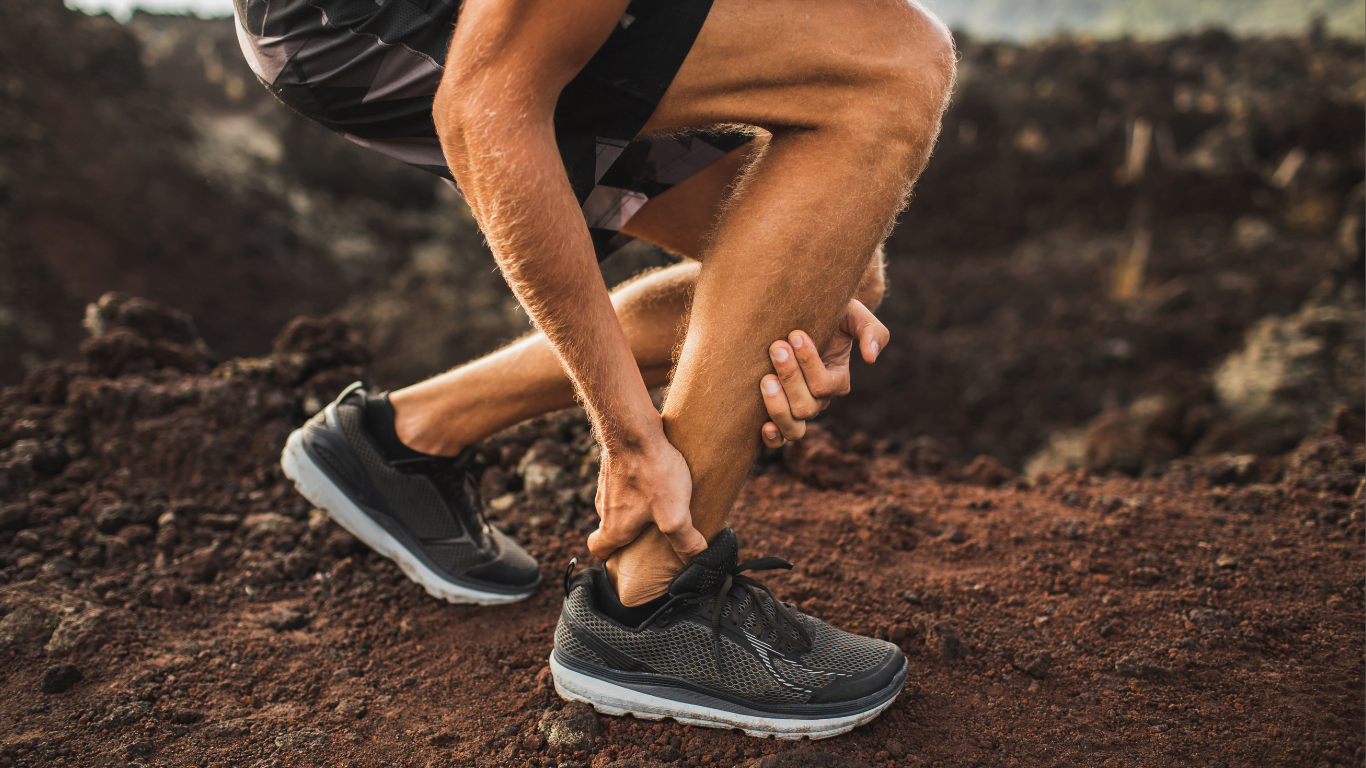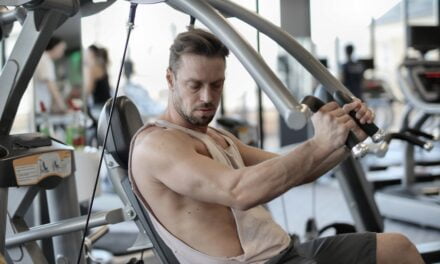While anabolic steroids are known to have many benefits, several risks are associated with their use, including the risk of tendon injuries. This article will explore the relationship between anabolic steroids and tendon injuries, including how they can occur and what can be done to prevent and treat them.
Understanding Anabolic Steroids
Definition of Anabolic Steroids
Anabolic steroids are synthetic hormones designed to mimic the effects of testosterone, the male hormone responsible for promoting muscle growth and development. Athletes and bodybuilders commonly use them to enhance their physical performance and muscle mass.
How Anabolic Steroids Work
Anabolic steroids work by increasing the production of protein within cells, which leads to an increase in muscle mass and strength. They also stimulate the production of red blood cells, which can improve endurance and athletic performance.
Common Types of Anabolic Steroids
Some of the most common types of anabolic steroids include testosterone, nandrolone, stanozolol, and methandriol steno lone.
The Use of Anabolic Steroids in the UK
Anabolic steroids have gained popularity among athletes and bodybuilders in the UK for their ability to enhance physical performance and muscle mass. However, their use comes with significant risks, including the potential for tendon injuries.
Tendon Injury Cases in the UK
In the UK, there have been reported cases of tendon injuries associated with the use of anabolic steroids. Research studies have shown a correlation between steroid use and an increased risk of developing tendon injuries, particularly among individuals engaging in high-intensity workouts and weightlifting.
Legal and Illegal Use of Anabolic Steroids
While anabolic steroids are legal when prescribed by a doctor for a medical condition, they are illegal for non-medical purposes, such as improving athletic performance or building muscle mass.
Tendon Injuries
Definition of Tendon Injuries
Tendon injuries affect the tendons, the fibrous tissues that connect muscles to bones. These injuries range from minor strains and sprains to severe tears and ruptures.
Causes of Tendon Injuries
Tendon injuries can be caused by several factors, including overuse, sudden trauma, and degeneration due to age or disease.
Common Types of Tendon Injuries
Some of the most common tendon injuries include tendonitis, tenosynovitis, and tendon ruptures.
Symptoms of Tendon Injuries
Symptoms of tendon injuries can include pain, swelling, stiffness, and difficulty moving the affected area.
Relationship between Anabolic Steroids and Tendon Injuries
How Anabolic Steroids Can Cause Tendon Injuries
Anabolic steroids can cause tendon injuries by weakening the tendons and making them more susceptible to damage. They can also increase muscle mass and strength, which can place additional stress on the tendons.
Research Studies on the Link between Anabolic Steroids and Tendon Injuries
Several research studies have linked anabolic steroid use and tendon injuries. In one study, for example, researchers found that weightlifters who used anabolic steroids had a significantly higher risk of developing tendon injuries than those who did not.
Understanding the Mechanism of Injury
The mechanism of injury in anabolic steroid-related tendon injuries is not fully understood. However, it is believed that steroids may interfere with the average repair process of tendons, leading to an increased risk of injury.
Who is at Risk of Developing Tendon Injuries from Anabolic Steroids
Anyone who uses anabolic steroids is at risk of developing tendon injuries. However, athletes and bodybuilders who engage in high-intensity workouts and weightlifting are particularly susceptible.
Prevention and Treatment of Tendon Injuries
- Prevention Measures for Tendon Injuries
Athletes and bodybuilders should engage in proper training techniques and avoid overtraining to prevent tendon injuries from anabolic steroid use. They should also avoid sudden increases in the intensity or duration of workouts.
FAQ
Q: What are anabolic steroids?
A: Anabolic steroids are synthetic hormones commonly used by athletes and bodybuilders to enhance their physical performance and muscle mass.
Q: How do anabolic steroids work?
A: Anabolic steroids work by increasing the production of protein within cells, which leads to an increase in muscle mass and strength. They also stimulate the production of red blood cells, which can improve endurance and athletic performance.
Q: What are tendon injuries?
A: Tendon injuries affect the tendons, the fibrous tissues that connect muscles to bones. These injuries range from minor strains and sprains to severe tears and ruptures.
Q: Can anabolic steroids cause tendon injuries?
A: Anabolic steroids can cause tendon injuries by weakening the tendons and making them more susceptible to damage. They can also increase muscle mass and strength, which can place additional stress on the tendons.
Q: Who is at risk of developing tendon injuries from anabolic steroids?
A: Anyone who uses anabolic steroids is at risk of developing tendon injuries. However, athletes and bodybuilders who engage in high-intensity workouts and weightlifting are particularly susceptible.
Q: How can tendon injuries from anabolic steroids be prevented?
A: To prevent tendon injuries from anabolic steroid use, athletes and bodybuilders should use proper training techniques and avoid overtraining. They should also avoid sudden increases in the intensity or duration of workouts.
Q: What are the treatment options for tendon injuries?
A: Treatment options for tendon injuries can include rest, ice, compression, elevation (RICE), physical therapy, and in some cases, surgery.
Q: What happens if tendon injuries are ignored?
A: Ignoring tendon injuries can lead to chronic pain, reduced mobility, and permanent damage to the affected area. It is essential to seek treatment immediately to prevent further complications.
Author

Dr. Aditya K. Sharma
I am Dr. Aditya Sharma, a dedicated urologist specializing in kidney transplants and advanced urological surgeries. My career is driven by a passion for delivering exceptional care and pioneering surgical techniques. Outside the operating room, I have a keen interest in studying the effects of anabolic steroids on bodybuilding, seeking to understand the fine line between enhancing performance and maintaining health.








